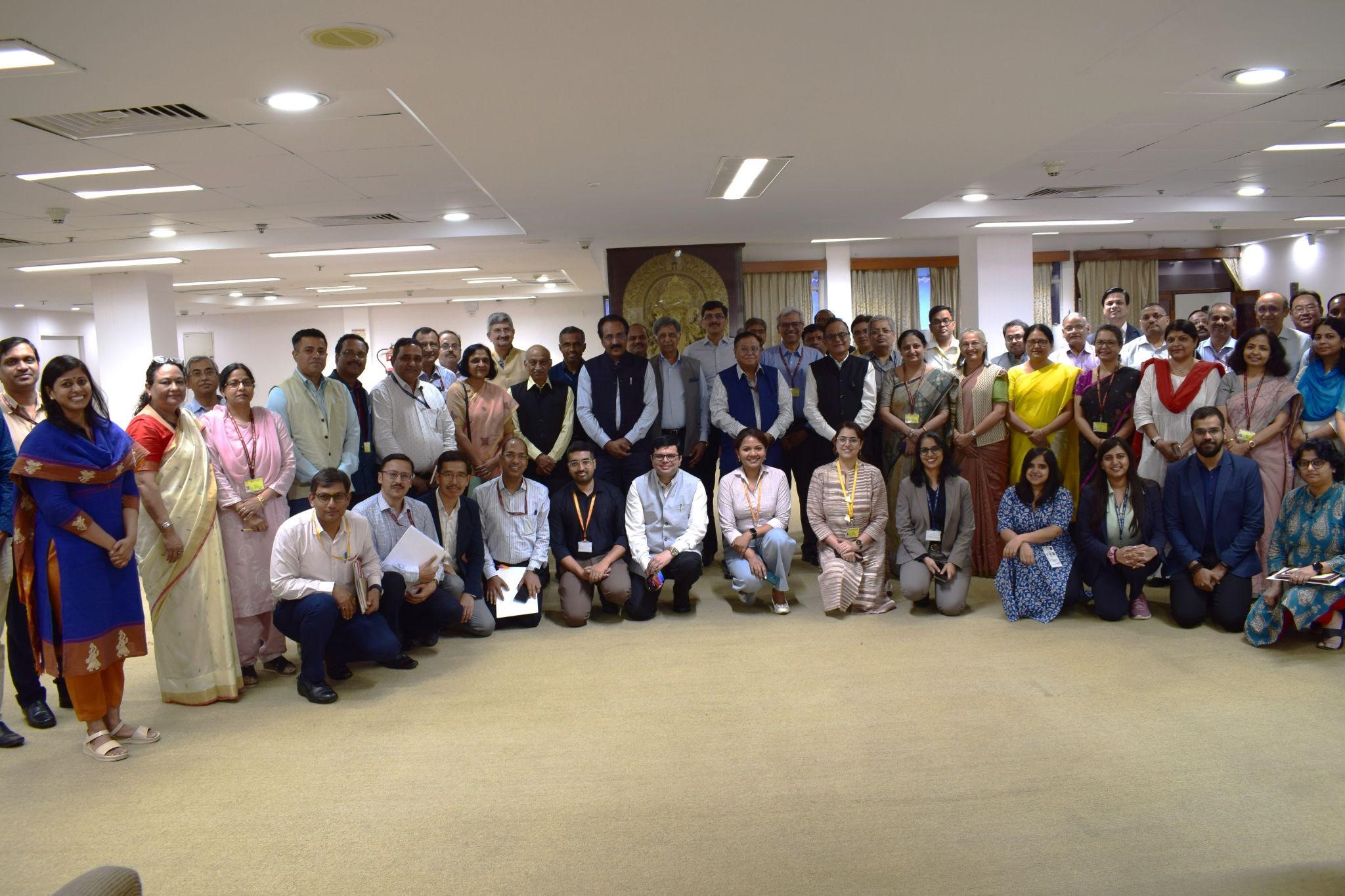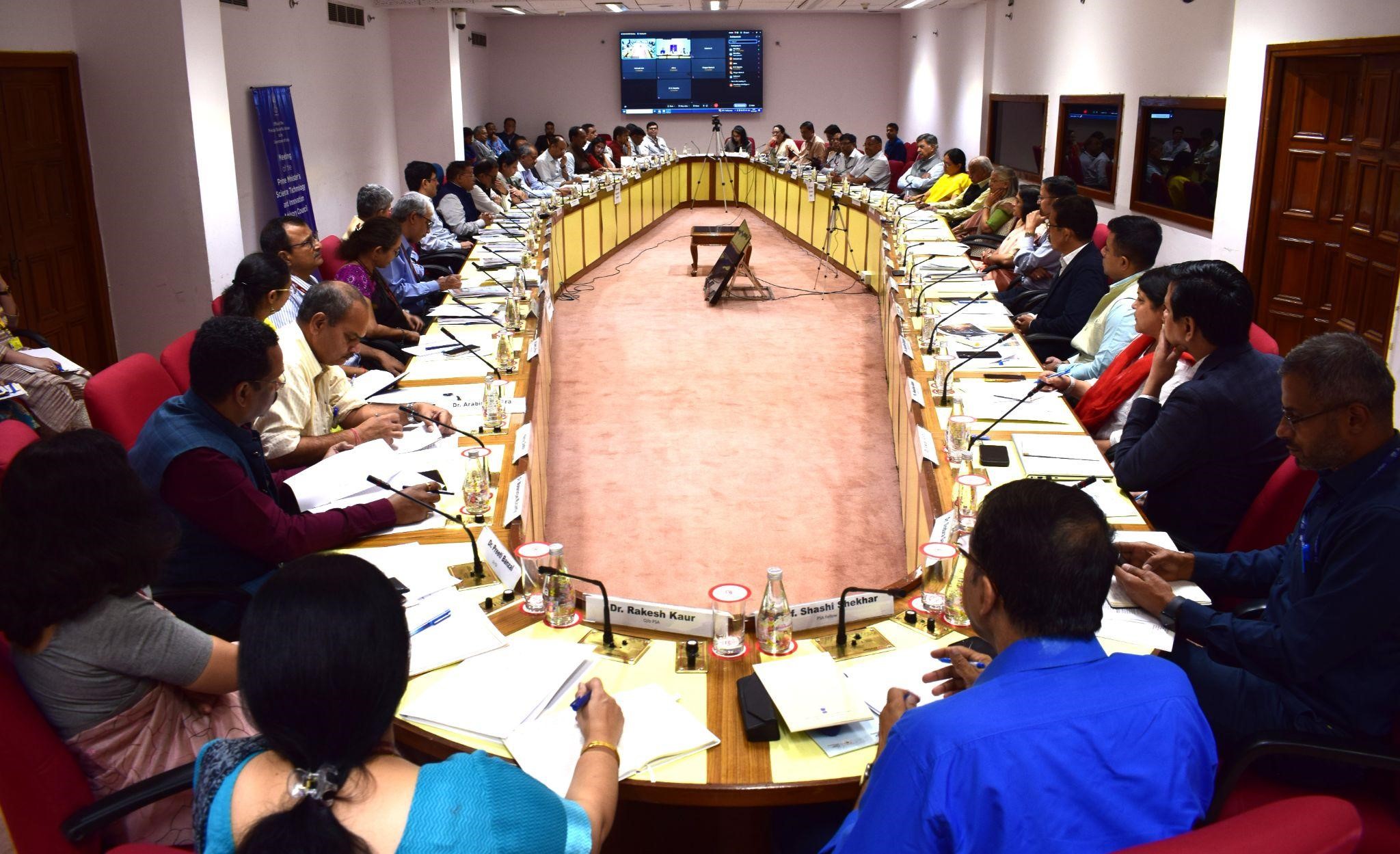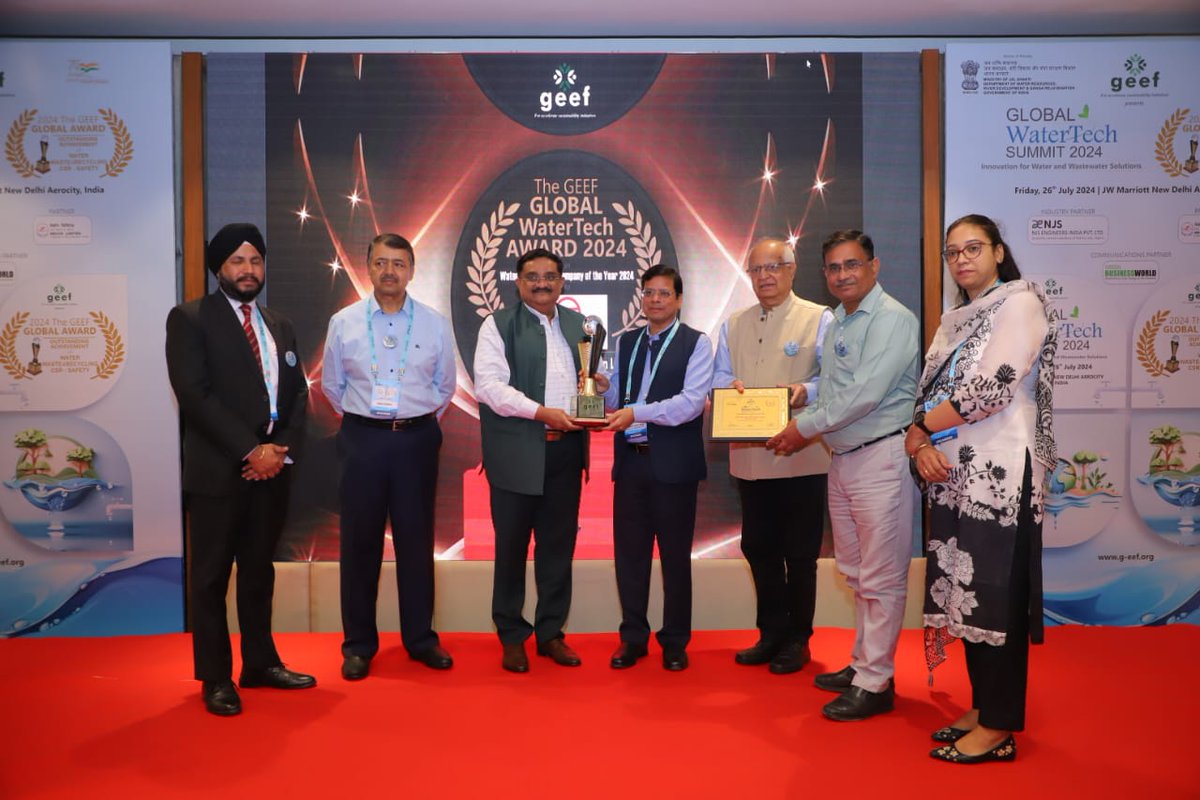On July 9, 2024, the 25th meeting of the Prime Minister’s Science, Technology & Innovation Advisory Council (PM-STIAC) was held at Vigyan Bhawan Annexe in New Delhi. Chaired by Professor Ajay Kumar Sood, the meeting gathered key government officials and industry leaders to discuss strategies for Carbon Capture, Utilization, and Storage (CCUS) in India, as well as the development of the carbon credit market.
 In his opening remarks, Prof. Sood emphasized the government’s focus on CCUS as a critical solution for reducing CO2 emissions. He highlighted the potential for large-scale adoption of CCUS technologies in industries such as Power, Iron & Steel, Cement, and Chemicals. Prof. Sood also discussed the role of carbon markets in promoting these technologies through mechanisms like carbon pricing and investment in emission reduction technologies.
In his opening remarks, Prof. Sood emphasized the government’s focus on CCUS as a critical solution for reducing CO2 emissions. He highlighted the potential for large-scale adoption of CCUS technologies in industries such as Power, Iron & Steel, Cement, and Chemicals. Prof. Sood also discussed the role of carbon markets in promoting these technologies through mechanisms like carbon pricing and investment in emission reduction technologies.
Dr. V.K. Saraswat, Member S&T, NITI Aayog, noted the importance of research and development, a regulatory framework, and the implementation of large-scale CCUS plants. He recommended incentivizing industries to foster the carbon credit market and suggested adopting a hub and cluster approach for developing the CCUS ecosystem in India.
The meeting included presentations from Mr. Rajnath Ram, Advisor/Head of Energy at NITI Aayog, who outlined the findings of inter-ministerial technical committees on CO2 capture, utilization, transportation, storage, and safety standards. Industry experts discussed the creation of a complete CCUS value chain in India and efforts by power generation companies to promote these technologies.
Representatives from the Department of Science and Technology and Dr. Vikram Vishal, Professor at IIT Bombay, presented various R&D initiatives in the CCUS landscape, supported by the Government of India. The Bureau of Energy Efficiency also presented on the Indian carbon market and carbon credit scheme.
Inter-ministerial technical committee representatives discussed the need for identifying adoptable technologies and conducting life-cycle assessments of CCUS projects. They noted that while standards for carbon capture and storage are established, standards for carbon utilization and transportation are still being developed.
Secretaries and ministry representatives provided their inputs on how different government departments can collaborate to address CCUS challenges. A proposal to develop a national portal for CCUS projects to unify all stakeholders was also suggested.
In his concluding remarks, Prof. Sood stressed the need for nationwide adoption of CCUS technologies and proposed that the Ministry of Power lead this initiative in a mission-mode approach, with support from relevant ministries. This proposal was positively received by the Secretary of the Ministry of Power.
Representatives from the Ministry of Environment, Forests & Climate Change, the Department of Scientific and Industrial Research, the Ministry of Steel, and the National Council of Cement and Building Materials also participated.




